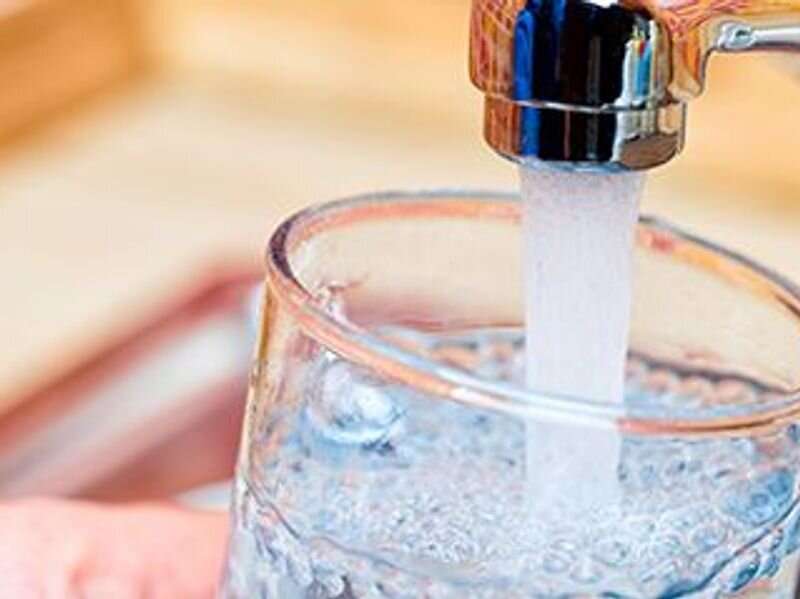
(HealthDay)—Nitrate in drinking water is associated with increased odds of spontaneous preterm birth, according to a study published online May 5 in Environmental Health Perspectives.
Allison R. Sherris, from Stanford University in California, and colleagues investigated the association between elevated nitrate in drinking water and spontaneous preterm birth. The analysis included 1,443,318 consecutive sibling birth certificate records linked with Office of Statewide Health Planning and Development hospital discharge data for California births (2000 to 2011). Public water system monitoring records were used to estimate nitrate concentrations in drinking water for each woman’s residence during gestation.
The researchers found that spontaneous preterm birth at 20 to 31 weeks was increased in association with tap water nitrate concentrations during pregnancy of 5 to <10 mg/L (odds ratio [OR], 1.47; 95 percent confidence interval [CI], 1.29 to 1.67) and ≥10 mg/L (OR, 2.52; 95 percent CI, 1.49 to 4.26) versus <5 mg/L (as nitrogen). For spontaneous preterm birth at 32 to 36 weeks, the corresponding estimates were positive but close to the null (OR, 1.08 [95 percent CI, 1.02 to 1.15] for 5 to <10 mg/L; OR, 1.05 [95 percent CI, 0.85 to 1.31] for ≥10 mg/L versus <5 mg/L nitrate). In several secondary and sensitivity analyses, including in a conventional individual-level design, the findings were similar.
Source: Read Full Article


